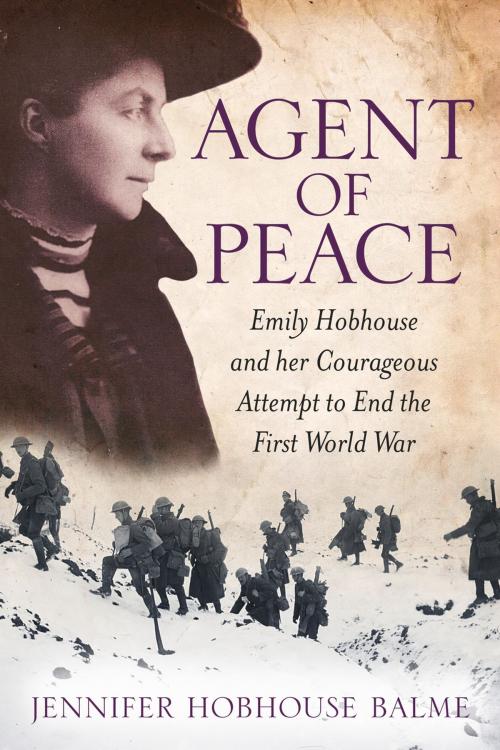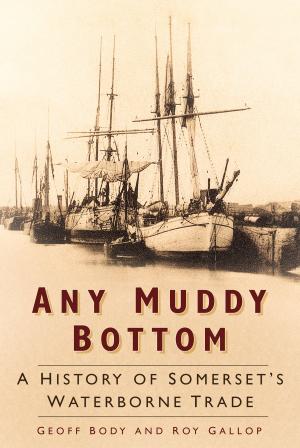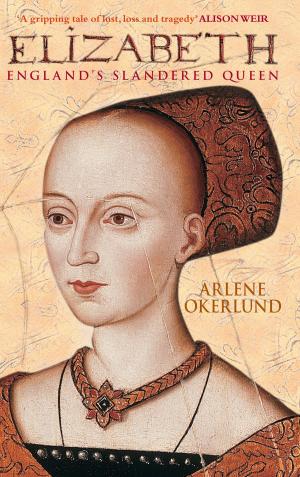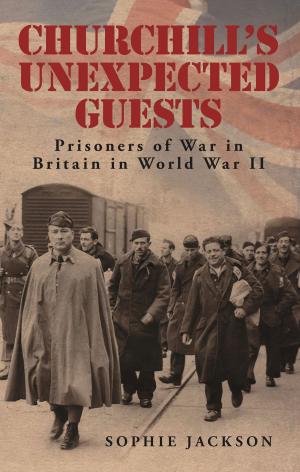Agent of Peace
Emily Hobhouse and Her Courageous Attempt to End the First World War
Nonfiction, History, Military, World War I, Biography & Memoir| Author: | Jennifer Hobhouse Balme | ISBN: | 9780750963367 |
| Publisher: | The History Press | Publication: | February 1, 2015 |
| Imprint: | The History Press | Language: | English |
| Author: | Jennifer Hobhouse Balme |
| ISBN: | 9780750963367 |
| Publisher: | The History Press |
| Publication: | February 1, 2015 |
| Imprint: | The History Press |
| Language: | English |
The work of Emily Hobhouse, pacifist, in Britain and Europe during World War I, and her efforts to get peace talks startedIn the Anglo Boer War 1899-1902 Emily Hobhouse championed the cause of the women and children herded into camps by Kitchener's army. By 1914, a confirmed pacifist, she felt passionately that civilians suffered more than combatants. Throughout the war she was anxious for a negotiated peace. In Switzerland, in 1916, through the German Ambassador—extraordinarily—she obtained permission to visit German-occupied Belgium and Berlin. A chance meeting with the German Foreign Secretary made her realize peace talks were possible. She put forward a plan to get talks started, to which he agreed, but in England she was snubbed by the Foreign Office. She worked tirelessly for the release of civilian internees and better food for Belgium. Her "Open Christmas Letter" was answered in a letter by 155 prominent Pacifist and feminist German and Austrian women. Emily Hobhouse was an extraordinary woman and a key figure in the struggle for women's emancipation.
The work of Emily Hobhouse, pacifist, in Britain and Europe during World War I, and her efforts to get peace talks startedIn the Anglo Boer War 1899-1902 Emily Hobhouse championed the cause of the women and children herded into camps by Kitchener's army. By 1914, a confirmed pacifist, she felt passionately that civilians suffered more than combatants. Throughout the war she was anxious for a negotiated peace. In Switzerland, in 1916, through the German Ambassador—extraordinarily—she obtained permission to visit German-occupied Belgium and Berlin. A chance meeting with the German Foreign Secretary made her realize peace talks were possible. She put forward a plan to get talks started, to which he agreed, but in England she was snubbed by the Foreign Office. She worked tirelessly for the release of civilian internees and better food for Belgium. Her "Open Christmas Letter" was answered in a letter by 155 prominent Pacifist and feminist German and Austrian women. Emily Hobhouse was an extraordinary woman and a key figure in the struggle for women's emancipation.















